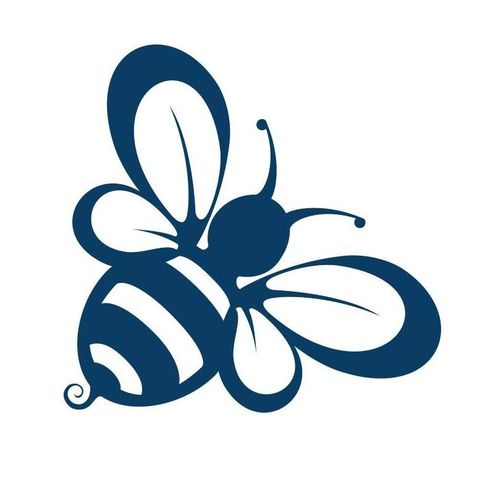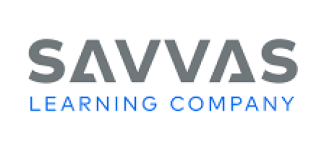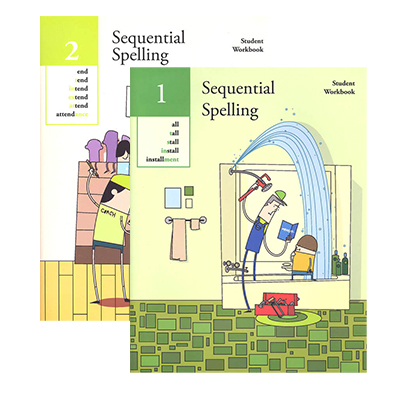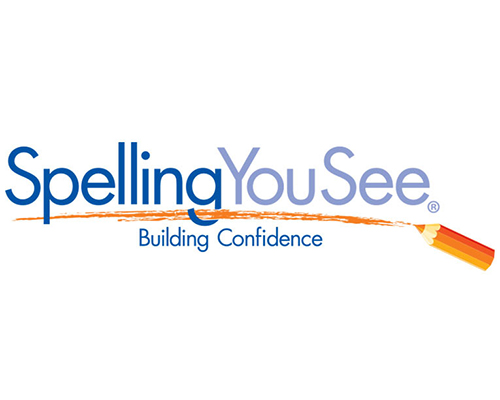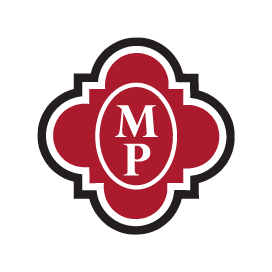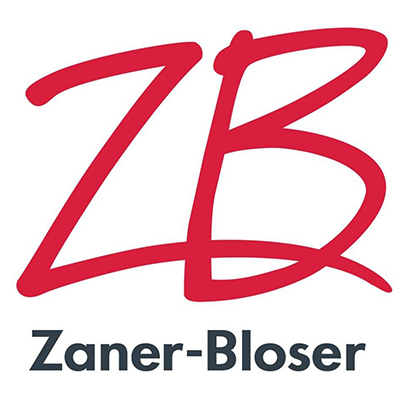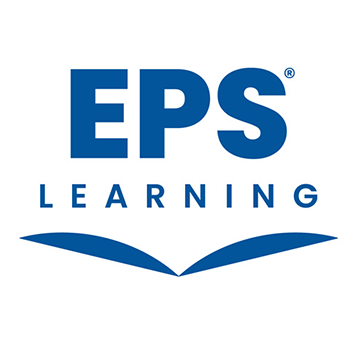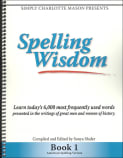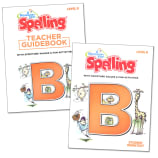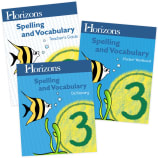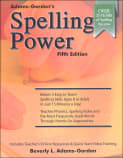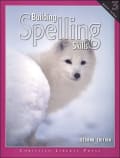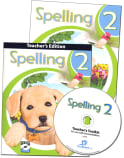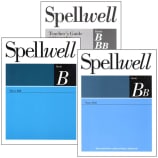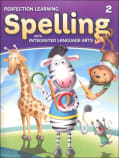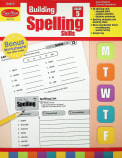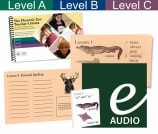- Spelling Programs
- ACSI (Purposeful Design) Spelling
- All About Spelling
- Basic, Not Boring - Spelling & Vocabulary
- BJU Press Spelling
- Building Spelling Skills
- Building Spelling Skills (Evan-Moor)
- Child 1st Publications Spelling
- Core Skills: Spelling (2014 Edition)
- Daily Spelling Practice
- Excellence in Spelling: Phonetic Zoo
- Grammar of Spelling
- How to Teach Spelling & How to Spell Worktexts
- How to Teach Any Child to Spell & Tricks of the Trade
- Learning to Spell Through Copywork
- Spelling Workout (2001 Edition)
- Practical Spelling
- Reason for Spelling
- Sequential Spelling (revised edition by Wave 3 Learning)
- Simply Classical Spelling
- Spectrum Spelling
- Spellwell
- Spelling Power
- Spelling Skills (Harcourt Family Learning)
- Spelling with Integrated Language Arts
- Spelling You See
- Steck-Vaughn Spelling: Linking Words to Meaning
- Traditional Spelling
- Zaner-Bloser Spelling Connections
- Practice Makes Perfect - Spelling/Vocabulary
- ACSI (Purposeful Design) Spelling
- Combined Spelling & Vocabulary Programs
- Spelling Instructional Resources
- Spelling Practice / Supplements
- Spelling References / Handbooks
- Spelling Paper / Tablets
- Vocabulary Programs / Instruction
- BJU Press Vocabulary
- Critical Thinking Detective - Vocabulary
- Wordly Wise 3000 (All Editions)
- Wordly Wise - Original Edition
- Words are Wonderful
- Vocabu-Lit
- Spectrum Vocabulary
- Zaner-Bloser Word Wisdom
- Working With Words
- Vocabulary in Action
- Vocabulary Virtuoso
- Vocabulary Riddles
- Vocabulary Builder Series
- Words Their Way: Vocabulary for Middle School & High School
- 1100 Words to Know
- BJU Press Vocabulary
- Vocabulary Programs - Root-Based
- Vocabulary Practice / Supplements
- Spelling Games
- Vocabulary Games
- New Products - Spelling
- Spelling / Vocabulary Clearance Sale Items !!
Spelling & Vocabulary Programs
At Rainbow Resource Center, we can help you choose a spelling/vocabulary program that will work for you and your student. Choose from a variety of curriculum that are designed to address different learning styles and teaching approaches such as phonetic, rule-based, visual, morphemic (word roots), right brained, vocabulary development, Latin, and more. We have curriculum and tools to help your student be a successful speller!
Curriculum by Grade
Download the Spelling Curriculum Comparison Chart or the Language Arts Curriculum Comparison Chart.
Featured Products in Spelling
Spelling by Topic
These icons are designed to help you quickly understand and learn important information about our products.
Teaching Method
Traditional
Teacher-centered curriculum commonly used in classrooms that may include a text, teacher manual, tests, etc.
Charlotte Mason
A methodology based on the work of a 19th century educator who maintained that children learn best from literature (Living Books), not textbooks.
Classical
A methodology based on the Latin Trivium (three stages of learning), including the grammar stage (memorization and facts), logic stage (critical thinking), and rhetoric stage (developing/defending ideas).
Unit Study
A thematic or topical approach centered around one topic that integrates multiple subject areas.
Montessori (Discovery)
A methodology based on the work of a 20th century educator that emphasizes student and sensory-driven discovery learning and real-life applications.
Other
Other methodologies
Religious Content
Secular
Contains content contrary to common Christian beliefs (i.e. evolution).
Neutral
Avoids religious or theoretical topics or presents multiple viewpoints without preference.
Christian/Religious
Faith-based or including instructional religious content.
Learning Modality
Auditory
Learns through listening, talking out loud or reading out loud.
Visual
Learns through seeing, prefers written instructions and visual materials.
Kinesthetic/Tactile (Hands-On)
Learns through moving, doing and touching.
Multi-Sensory
Curriculum that employ a variety of activities/components.
Presentation
Sequential
Curriculum progresses through well-defined learning objectives. Emphasizes mastery before moving to the next topic.
Spiral
Topics and concepts are repeated from level to level, adding more depth at each pass and connecting with review.
Conceptual/Topical
Focus is on the “why,” often with a unifying concept as well as specific skills; coverage may be broader.
Teacher Involvement
Low Teacher Involvement
Student-led materials; parent acts as a facilitator.
Medium Teacher Involvement
A mix of teacher-led time and independent student work.
High Teacher Involvement
Teacher-led lessons; may utilize discussions, hands-on activities and working together.
Additional Materials Required
No other materials needed
Everything you need is included.
Other Materials Required
There are additional required resources that are a separate purchase.
Other Materials Optional
There are additional resources mentioned or recommended but are not absolutely necessary.
Consumable
Consumable
Designed to be written in; not reusable.
Non-Consumable
Not designed to be written in; reusable.

